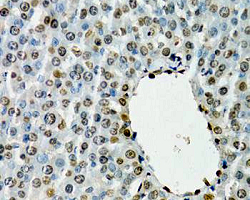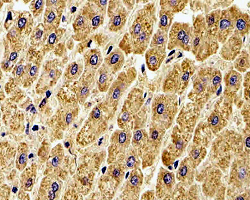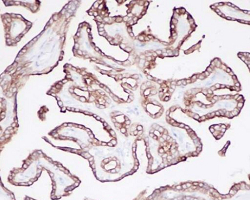|
Alagille syndrome (ALGS) is a rare, inherited liver disease due to deficiencies of Notch pathway which is required for the development of bile ducts. By studying ALGS mouse model, scientists from CCHMC and UCSF found that transdifferentiation of hepatocytes can form the biliary system which is supposed to be disrupted in ALGS mouse model.
The authors found that hepatocytes transdifferentiated into mature cholangiocytes and form functional bile ducts in ALGS mouse model. In addition, they identify TGFβ signaling, instead of Notch signaling, as the driver of this transdifferentiation mechanism.
Previous study has reported that cholangiocytes can become hepatocytes if their ability to regenerate is impaired. Viewed together, the two studies suggest that switching of cell identity is the main backup mechanism for liver repair. These results define the regenerative potential of mammalian transdifferentiation and reveal opportunities for the treatment of liver diseases.
arigo offer quality antibodies to facilitate related studies.
|





